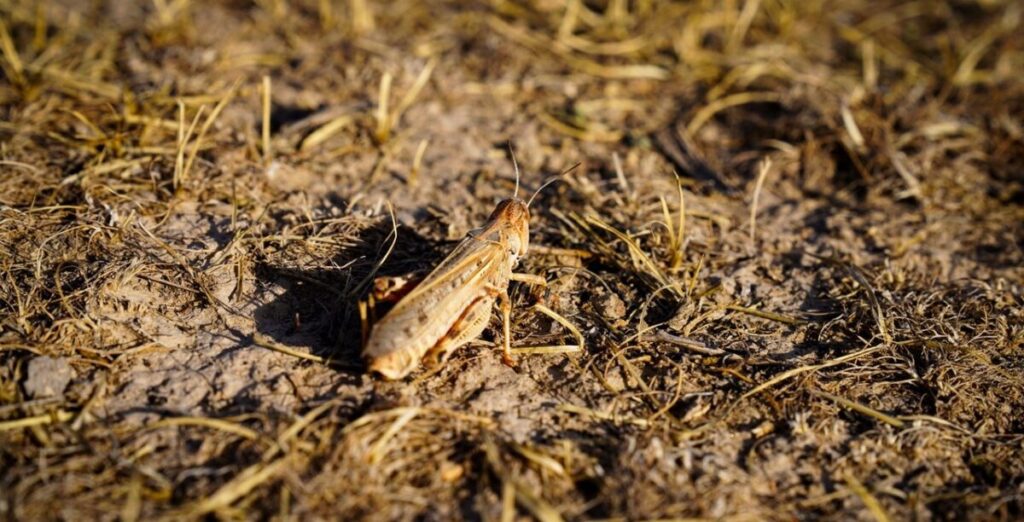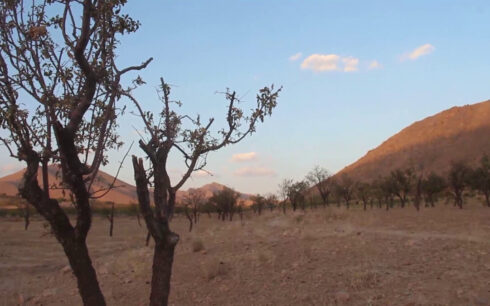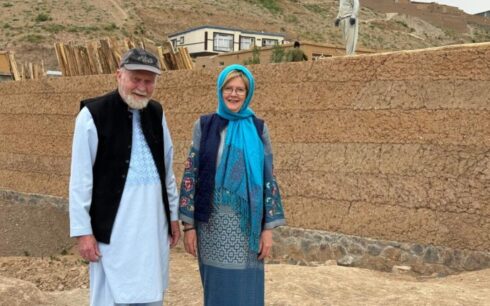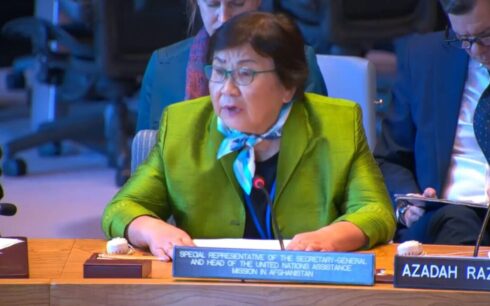A large-scale plague of locusts is ravaging Afghanistan’s northern provinces, as eight million people have been cut off from food aid in the past two months due to funding shortfalls, Save the Children warned on Monday.
The agency said the escalating situation threatens to plunge millions of people into worsening levels of hunger.
In a statement issued on their website, Save the Children said the locust outbreak has come at the worst possible time for the people of Afghanistan, where some 15.3 million people – one-third of the population – are projected to face crisis levels of hunger over the next five months, including 3.2 million children.
The outbreak of the Moroccan Locust, one of the world’s most damaging plant pests, has affected eight of Afghanistan’s 34 provinces and they have the potential to destroy 1.2 million tons of wheat, approximately one-quarter of the country’s annual harvest at a cost of $480 million.
Save the Children warned that without an urgent injection of funding, the country could spiral into famine-like conditions.
In addition to the string of challenges facing the country, aid organizations are facing a $2.2 billion shortfall in humanitarian funding. In line with this, Save the Children has appealed to the international community to urgently increase humanitarian aid and resume development assistance to the people of Afghanistan.
“The legacy of decades of conflict, a third consecutive year of drought, the international community’s suspension of development assistance and imposition of sanctions since August 2021, and a worsening economy, are contributing to the suffering of the Afghan people,” the organization stated.
Save the Children Country Director in Afghanistan, Arshad Malik, said: “The international community owes a debt and has a moral obligation to support Afghan children, women, and families at this dire time. Children are the most affected by this crisis and millions will suffer unless humanitarian assistance is immediately increased.
“However, humanitarian aid alone is not a quick fix. The underlying drivers of hunger including resuming development aid and support to the country’s ailing economy will also need to be addressed,” he said.





